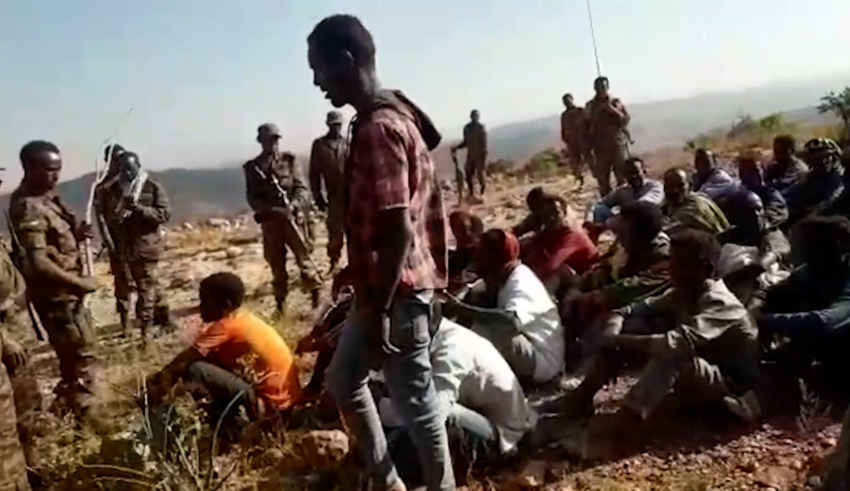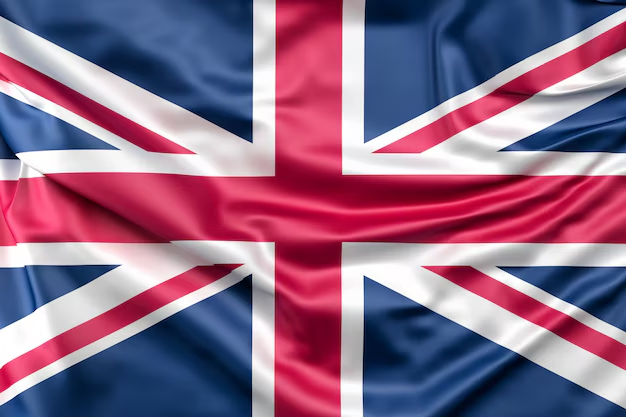
In 2019, the Ethiopian Prime Minister Abiy Ahmed received the Nobel Peace Prize and was regarded as a regional peacemaker but recently, oddly enough for a Nobel peace prize winner, he has been accused of presiding a protracted civil war that bears the hallmarks of genocide, the displaced people are countless as are the hundreds of thousands of people living in unspeakable conditions and that have to endure famine while the international arena stays there to watch as all of this happens.
To give you a little insight into what has been going on, in November 2020, the Ethiopian prime minister launched a military offensive in the northern Tigray region alongside the promise that the conflict would have been handled quickly, one year after and the dispute is very far from being over, in fact, it got only worse with thousands of people dead, displaced and that are being subjected to unspeakable atrocities.
The clash between the two parties is not recent though, it started long before the recent happenings, when the Tigray People’s liberation front, also known as TPLF and the area’s former ruling party, manifested the underlying discontent, fear is now spreading that the escalating of hostilities could overflow in other areas of the continent, moreover, what is to be considered the root of the problem, goes back generations, as the country is made up of multiple religions that have a substantial amount of autonomy and, because of the previous conflict with Eritrea, a lot of troops happen to be in Tigray already, the TPLF used to govern Ethiopia with an iron grip for decades eventually forcing Abiy’s predecessor to resign, it was only in 2018 that the current PM was appointed alongside his pan-Ethiopian ideals.
Fast-forwarding to September 2020, when the Tigrayans defied Abiy by going ahead with regional parliamentary elections that he had delayed due to the coronavirus pandemic, in response to that, Abiy Ahmed called the vote illegal and lawmakers cut funding to the TPLF leadership, a move that only anticipated the military assault against the group on November the 4th of the same year which resulted in what the UN has described as “a disastrous conflict that’s given rise to ethnic violence”.
What really shocked the community though, has been the fact that less than a year before Abiy launched an assault on his own people, he described war as “the epitome of hell” during his acceptance speech for the Nobel Peace Prize, in which he recalled his time during the brutal 1998-2000 border war with Eritrea, saying his entire unit was wiped out in an Eritrean artillery attack that he only survived because he had left a foxhole to get better antenna reception.
He was awarded the honor for his role in ending a long-running conflict with neighboring Eritrea and for pushing significant reforms in Ethiopia, as a matter of fact, once in power, Abiy moved quickly to normalize relations with Eritrea, in part by accepting the ruling of an international commission on boundaries between the two states, but he also made significant moves towards domestic reforms, raising hopes that he would bring about lasting change, moreover, he lifted a severe security law, released thousands of political prisoners, moved to open up the telecommunications industry and expand private investment.
Despite promises to heal ethnic divides and pave the way for a peaceful, democratic transition, Abiy has increasingly endorsed the doing of repressive regimes by shutting down internet and telephone services, arresting journalists, and suppressing critics.
In addition, Meta, formerly known as Facebook, noticed that a post by Ethiopia’s Prime Minister was inciting violence in breach of the social media firm’s policies, hence, the company decided to remove it immediately “At meta, we remove content from individuals or organizations that violate our Community Standards, no matter who they are,” stated the company’s spokesperson.
For what concerns the international response to the conflict, Biden administration officials have warned that Ethiopia will lose access to a lucrative US trade program due to human rights violations unless it takes significant steps toward ending the ongoing conflict and alleviating the humanitarian crisis by the start of 2022, what went wrong, according to close observers, was Abiy’s failure to navigate the deep ethnic divisions that have consumed Africa’s second-most-populous nation since the 1960s and now that the country has been isolated by the U.S. and Europe, his own future suddenly looks much more tenuous.
In addition, President Joe Biden has determined that Ethiopia is out of compliance with the eligibility requirements of the African Growth and Opportunity Act (AGOA) “for gross violations of internationally recognized human rights,” he claimed.
In conclusion, The Ethiopian government must take “urgent action” by January 1 in order to remain in the program, which grants eligible sub-Saharan African nations duty-free access to the US market for thousands of products.
References
How Ethiopia Pm Abiy Ahmed went from Nobel peace prize to Tigray Crisis, available at:
Ethiopia’s PM Abiy: From peace prize to wartime leader, available at:
Ethiopia Pm Abiy, available at:
Massacre in the mountains, available at:
https://edition.cnn.com/2021/02/26/africa/ethiopia-tigray-dengelat-massacre-intl/index.html
Tigray crisis, available at:
https://www.bbc.com/news/world-africa-56198469
Ethiopia is at war with itself, available at:
https://edition.cnn.com/2021/11/03/africa/ethiopia-tigray-explainer-2-intl/index.html
By Gaia Gambaro : The European Institute for International Law and International Relations.














